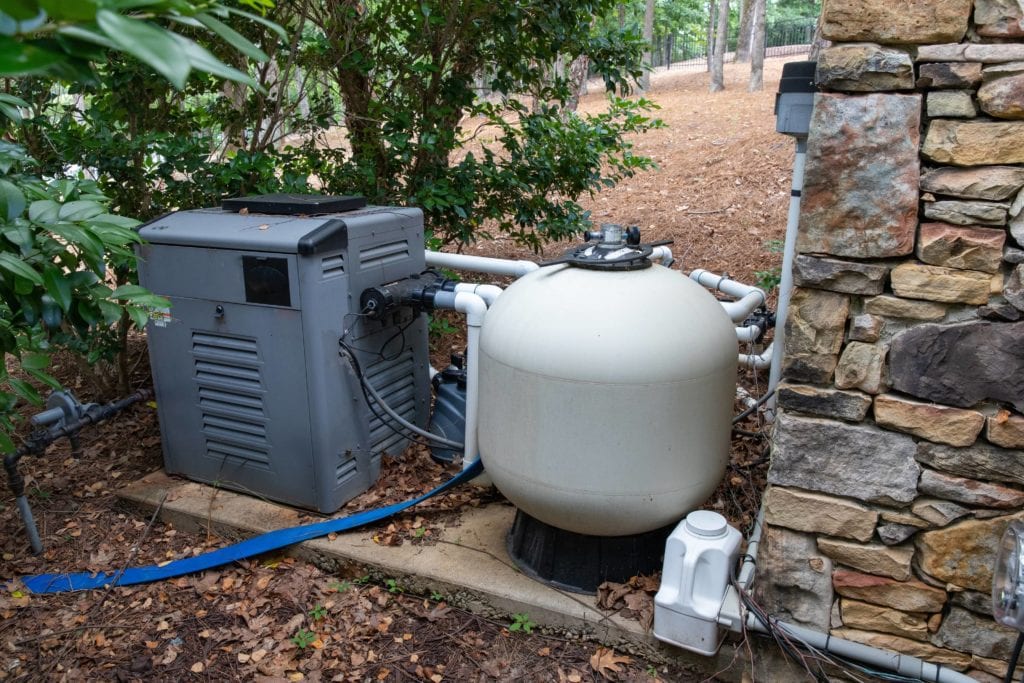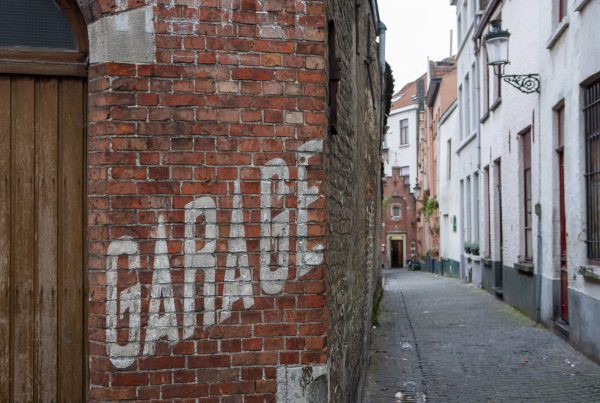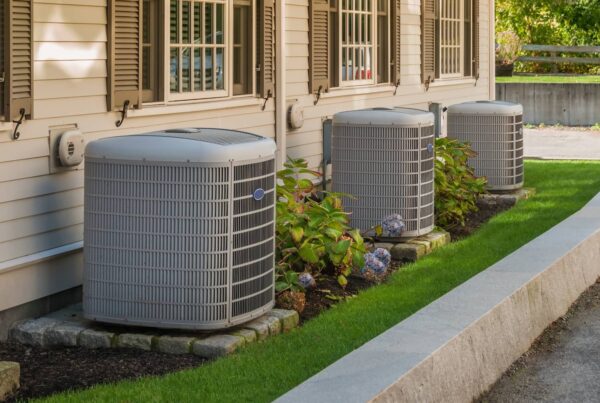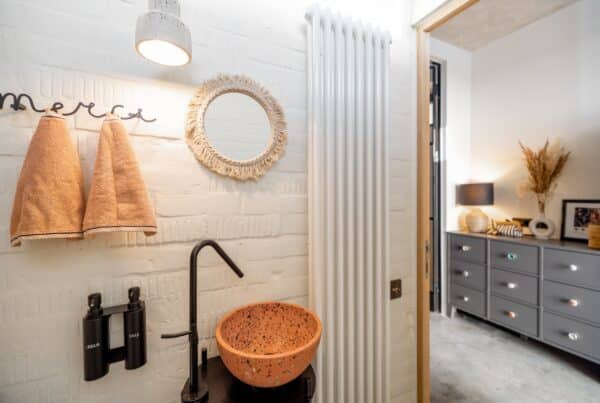
When buying a home, most people will have a home inspection so they can make sure everything is in tact in the home. Areas such as foundation, outlets are working, electric panel of circuit breakers works to name a few.
However, if you are lucky enough to find a home with a pool (these sell quickly in the south), you want to have a pool inspection to ensure there are no issues.
While a home inspector usually is not certified in this area (although there are some who are, so ask), there are pool inspectors who can evaluate the pool to make sure everything is functioning properly. This is a separate expense but definitely something you need.
What is involved in a pool inspection? Making sure that the pool meets the local safety regulations and requirements, physical conditions of the pool such as the structure and materials, decking, equipment pad (pump, filter, and heater (if there is one), and other features such as diving boards and slides. Additionally, many inspectors will look at what is going on outside of the pool. Do you need this? YES!
Background
Swimming pools are very popular, especially in the southern states due to the climate and weather most months of the year. They also provide entertainment for hours for family and friends. When you are looking to buy a home, you want to have a home inspection, even though it is not a requirement, but highly recommended.
It is the same with a pool inspection- you need one and will want it. There are too many issues that we can’t see in the pool unless you have it inspected.

How to Find a Pool Inspector
Most home inspectors can inspect your pool for you. However, usually, the home inspectors will have pool inspectors they can refer to and ones that they have worked with on past inspections. If not, ask at the local pool store for referrals or search online and read reviews. A regular pool cleaner is not usually certified to do the inspection so make sure you find someone who is qualified and certified.
Cost of a Pool Inspection
Most home inspectors are not certified in this area but ask them first. If they are, that is great and will often bundle a home inspection with a pool inspection for a lower price.
If the home inspector is not certified, an outside inspection will depend on size of the pool, location, and the part of the U.S. you are located in. They can range from $125 to $250 or more.

Local Safety Requirements for Pools
Every state has different requirements for private swimming pools. One of those that may be the same has to do with safety. In Texas, just like every state, there are rules for safety for the swimming pool.
For example, the gate must be 48 inches high, and it must not have space underneath that allows something bigger than 4 inches in diameter to pass through it. Also, gates must be self-closing and self-latching. There will also be checking of the handrails and ladders around the pool. The inspector will make sure they are secured into the pool deck and pool walls.
Other things a pool inspector might check are that the electrical wires are away from the pool and everything is properly bonded. Also, the inspector may look to make sure that the walkways to and from the pool are safe as well. Here is a link to the rest of the Texas rules and regulations.
If you are in another state, the best way to find the rules for your state is to go to Google and type in, “the name of your state” and swimming pool regulations to get a link for the statutes.
Here is a link for general guidelines, but be sure to check with your state.
Structure and Materials- Plaster, Tile, Coping, and Decking
An inspector will be looking for cracks in the plaster, tile, rip in the vinyl liner (if applicable), missing coping, and deterioration in the decking. Deterioration is expected, but the inspector will be looking for uneven spots on the pool deck or missing grout in stones in a waterfall (if applicable).
The inspector will check the interior finish in the inside of the pool for cracks that are bigger than a hairline. Additionally, checking for any structural issues will happen as well. Furthermore, the inspector will look to see if the pool needs resurfacing, and if it does, he/she will make a note of this.

Checking the Vinyl Liner in a Pool Inspection
If a pool does not have plaster then it has a vinyl liner. An inspector will check for tears or holes in the liner and that it’s not worn out. Liners last usually about 8-12 years, but they have good warranties. Some may last longer or some may need replacing quicker due to weather elements or the sun.
Tile
Tile goes around the top of the interior of the pool where the waterline area is. The purpose is to help waterproof the area and also for decoration. The inspector will also check to make sure there are no chips in the tile, grout is covering the areas it should, and it looks like it is in good condition.
The last thing an inspector wants to do is certify a pool that is hazardous and ensuring the tile is attached to the wall of the pool is important.
Pool Inspection Checks for Missing Coping
The coping helps outline and shape the pool. It goes around the outside of the pool and can be made of brick, stone, pre-made stone, or concrete pavers. The inspector will check that the coping is not missing or cracking and that there is the appropriate sealing to the pool and deck.

Decking
The pool inspector will check to make sure that the pool decking is in good condition. Also, when the water splashes out of the pool, it drains effectively. Additionally, he/she will look for the drains to route the water away from the house effectively.
Checking Outside of the Pool Area During a Pool Inspection
Speaking of drains, you want to make sure that if you have gutters above your pool, they are clean and water and debris can flow through. The last thing you want is to have a backup of water that goes into the home and creates mold. Having clean gutters can allow the water to divert from the home.
Inspectors might also take notice of gutters or eaves on the house to make sure they are working properly. You also want to make sure that the downspouts are at least 4 to 6 feet from the house; 10 feet if possible. This will also help keep the groundwater away from the pool.
If a good inspector notices negative grading in the yard, he/she will make a note of it. Taking care of this will also help with drainage issues.

Equipment Pad- The Pump, Filter, and Heater (if applicable)
This is the area that controls everything in the pool. The pump is what makes it all work and provides the circulation of the water. This area is very important to maintain and to keep the shrubbery away from it.
The inspector will look to make sure that everything is functioning correctly and not making noises. It is hard to tell the life of the equipment, but a pool inspector can tell by the sounds it makes. Also, the inspection can sometimes tell if there is an issue by visually checking out the pool. For instance, if he hears humming or a sound like rocks in the pool pump, Visually, if he/she sees water coming out then there is an issue.
The Filter
The filter collects the dirt and debris that is in the pool and keeps it clean. Filters have a cartridge that goes inside of it and it comes in different sizes. It is important to be using one on the recommendation list for the size of your pool.
The largest size cartridge that can fit in the filter is better. This is because it can save water and needs less cleaning. A good inspector will look at the gauge on the filter to make sure it works as well as the clamp for the filter tank.
The Heater
Heaters are optional on pools as they are an extra expense to add. Many heaters are electric, propane, or solar. However, for an inspection, a pool inspector will make sure that the heater is properly grounded and is heating the pool efficiently. It is also important to make sure that the heater is energy efficient and has a thermal efficiency rating of 90 to 95 percent.
Electric Runs and Plumbing Lines
These support the system and need to be running properly. The inspector will be checking that the breakers are properly labeled and the plumbing lines are free of leaks. In addition, he will check for bubbles in the return lines that could indicate there is a leak in the suction.

Lights in the Pool
If there are lights in the pool, the inspector will look at them to make sure they work. These lights might be old light bulbs or new LED lights. Also, checking the lighting fixtures for condensation will be important as well. If there is condensation or lights are not working, further inspection is needed and possible replacement. If not taken care of, this can then turn to mold and mildew issues.
Other Accessories Checked During a Pool Inspection
If a pool has a diving board and/or slide, the inspector will look for any rust or chips, or areas that are missing from each one. Have remote control or automation features? The inspector can check these and make sure they work correctly.
What if There Are Issues in a Pool Inspection
If buying the home interests you and the report comes back that there are issues, this is something your realtor will want to present to the seller’s realtor. Major issues should be fixed by the seller, but it can depend on the deal you are receiving on the home. If not, it may be a point where you can walk away from the home.
Conclusion
You already know that a pool inspection is optional, but highly recommended. The average person does not know what to look for in a pool, so you need a professional to inspect.
Having peace of mind for your family makes the expense worth it. The last thing you want is to have a huge expense after buying the new home. Have questions? Contact us at All Coast or leave a reply below so we can help!



